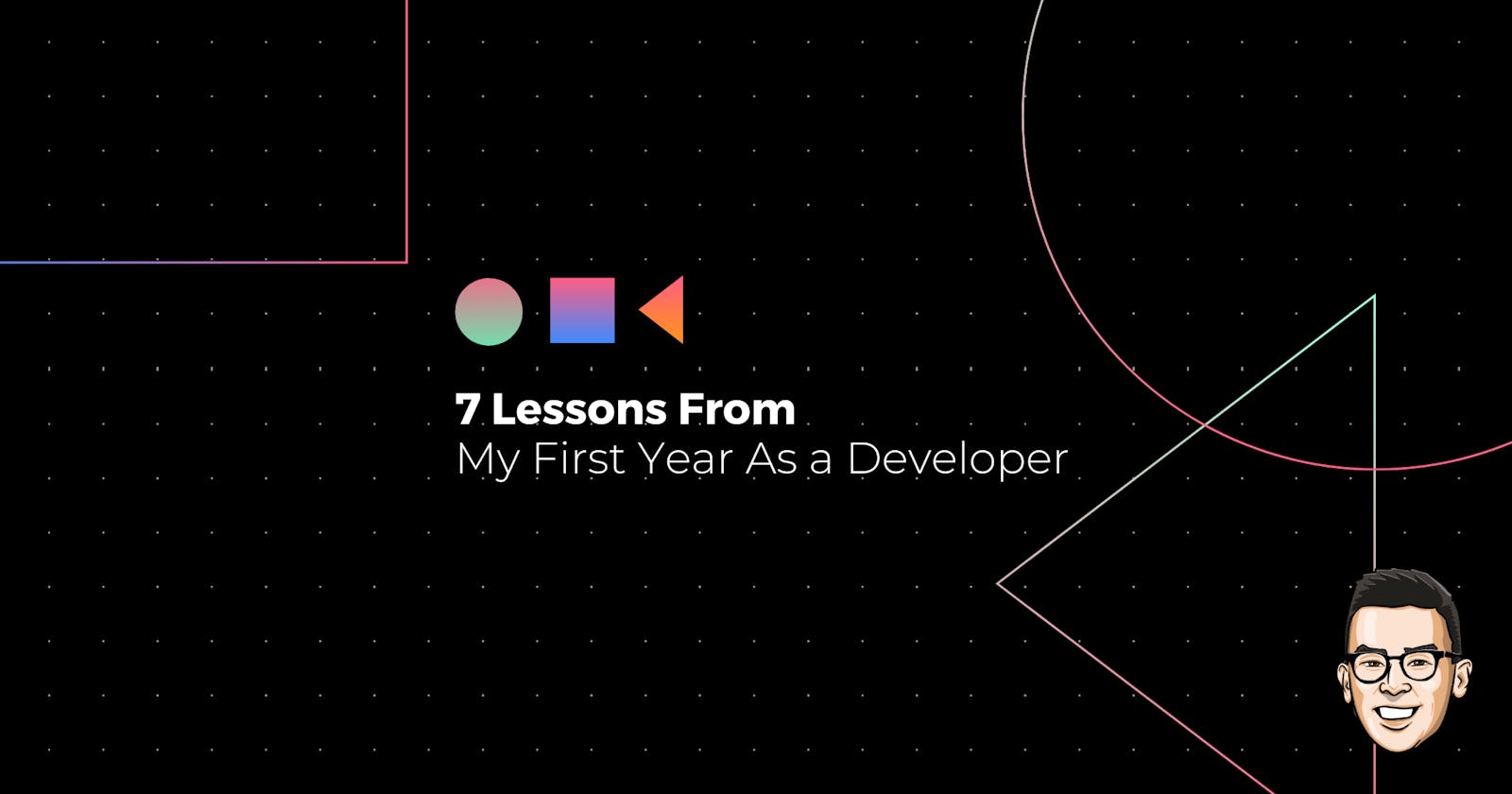A few months ago marked my first year as a professional software developer after switching careers. I've learned more than I can remember, but seven things stick out. My hope is that at least one of them proves useful for your own journey as a developer.
1. Take Notes
Everyone forgets things. Create a note system and start writing down everything. Meeting notes, helpful resources, advice from managers, how you solved a problem, etc. You'll be the hero your team needs, and also have seeds for future content creation!
What do I use for notes? Well, at the moment I'm using Roam. But it does seem like I get easily distracted by shiny new toys as I've experimented with at least a dozen other note apps by now. So far Roam seems to be exactly what I need to store my ideas.
Want to explore your options? Here is a great article by Ness Labs on choosing the right note-taking app.
2. Know the WHY
Don't copy-paste code without understanding why the code does what it does. It may solve your problem at the moment, but you'll still have the same gap in knowledge moving forward. You don't want massive technical knowledge debt 5 years down the road!
3. Speak Up for Yourself
This is a biggie for your career. No one knows what you need except for you - so don't expect your managers to read your brain. Need more support? Ask for it. Need a raise to cover growing expenses? Ask for it. Have a dream role in mind? Ask for it!
A great opportunity for you to speak up for yourself is at 1:1s with your manager. If you need some ideas for what to talk about, here's a fantastic graphic by Julia Evans.
4. Mentor Others
You don't have to wait until you're mid-level to start teaching and nurturing others. Others who are a notch or two below your level will benefit from your knowledge. Not only that, but teaching is a great way to reinforce your existing skills.
5. Ask Questions
Don't be the dev who asks questions every 5 minutes without having Googled beforehand. But also don't be the dev who holds up a feature because they were stuck on a problem and waited 2 days to ask for help. There are no silly questions!
Learn from freeCodeCamp on how to ask great questions that will get you the solutions you need.
6. Have a Hobby
No matter how much coffee you've had, your brain isn't meant to code 24/7. Give your mind rest and space to be creative by doing other activities you enjoy. Otherwise, risk burnout. Besides, having other interests can make you more fun to work with.
7. Don't Take Things Personally
You are not your code. Learn to view it as temporary. As part of a team, you'll see it change over time for reasons that have nothing to do with your abilities - the codebase grows, business requirements change, code reviews happen, etc.
Closing Thoughts
I hope this was a helpful read!
So, what about you? Do you have any wisdom you'd like to share? Leave a comment below! 👇
